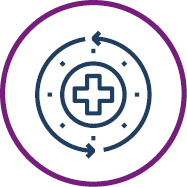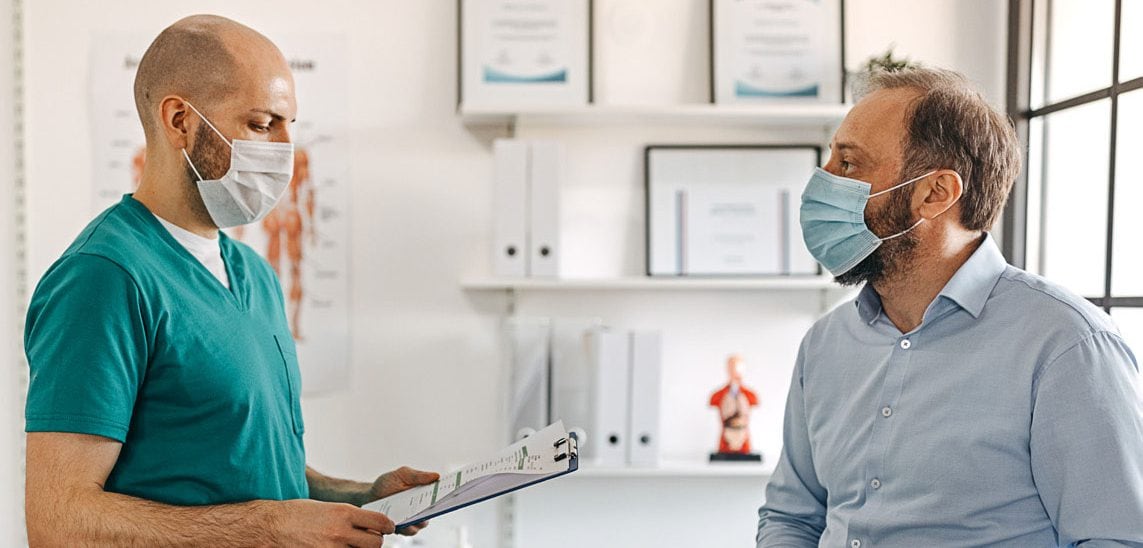Remove Stigma: Talk with Your Patients About Substance Use Disorder
Feeling stigmatized can negatively impact the willingness of individuals with a substance use disorder to seek treatment. Clinicians can set an example on how language can destigmatize the disease of addiction, even when patients use stigmatizing slang themselves.
Consider the following techniques when talking with your patients and their families about substance use disorder:1
Describe people as having a condition or circumstance, not being a condition. Certain terms have negative implications that can impact the medical care while also reducing the patient’s willingness to self-disclose or engage in treatment. For example, say “person with a substance use disorder” because it separates the person from his or her diagnosis.

| Do Say | Don’t Say |
| Person with substance use disorder (or alcohol use disorder | Addict, junkie, alcoholic, or user |
| Tested positive or tested negative, expected, unexpected | Dirty, clean |
| Substance use disorder | Drug habit |
| Drug use or prescription drug misuse | Drug abuse |
Use clinically accurate language as you would for other medical conditions, such as “tested positive” or “not actively taking drugs”.
Ask questions to understand other factors (clinical and nonclinical) that might play a part in a patient’s symptoms instead of focusing only on their substance use disorder. By meeting patients where they are functionally, emotionally, and socially, you can provide hope which may lead to a more positive outlook and increase the likelihood of positive outcomes.
Remind your patient often that recovery is possible and that the path to recovery looks different for everyone. You convey empathy when you do the following:
- Actively listen to your
- Engage with your patient in a non-judgmental
- Treat your patient with respect and address their substance use disorder as the medical disease that it is.
- Help your patient understand that you intend to help them get the treatment they need, and that recovery is possible.


For more information and resources on drug overdose prevention and stigma reduction, visit:
1 https://www.drugabuse.gov/sites/default/files/nidamed_words_matter_508.pdf

